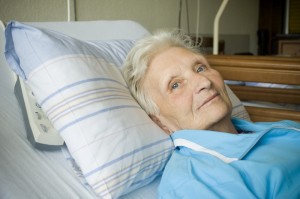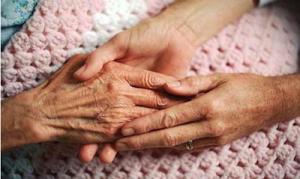 Most of us don’t give much thought to items we use in our everyday lives. But the memories of these seemingly benign objects reconnect us with moments of meaning in our lives.
Most of us don’t give much thought to items we use in our everyday lives. But the memories of these seemingly benign objects reconnect us with moments of meaning in our lives.
One woman found a moment of joy in… a sponge roller? Who thinks of a sponge roller anymore – or even knows what one is? But for this woman, it evoked sweet memories of her grandmother “putting up” her hair on a Saturday night to get ready for church the next day. With tears in her eyes she told about swapping stories and memories about laughing and eating yummy snacks as her grandmother wound her hair around rows of pink rollers that she would later sleep in. She relived those sweet times and reconnected to her grandmother- sparked by a sponge roller!
Everyday items have the power to ignite our senses and memories about people, places, experiences, and emotions of all kinds. Our days are filled with the “stuff of life”. A phrase usually meant philosophically is quite literal too.
I have an old, scratched up metal recipe box that lives among my cookbooks. It was THE recipe box in my mom’s kitchen. It’s filled with recipes cut from newspapers- lots of things made from Jello and marshmallows. But it’s the hand-written recipe card for peanut butter cookies that gets to me. You see I made dozens and dozens of those cookies. The card is stained with butter and there are little bits of fossilized cookie dough stuck to it. Hold it, and I’m right back with the memories of making a mess in the kitchen baking with my friend Shelly. I even still use the same old aluminum measuring spoons. Someone else might wonder why I don’t get rid of those old things. But there’s history in those spoons- and it’s MY history.
What “stuff” causes you to say, “Oh wow, I remember that!” How might caregivers use this same reaction to help people living with dementia reconnect with meaningful moments.


